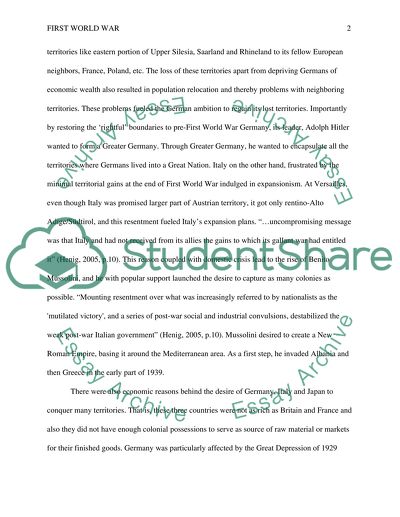Cite this document
(“Economic and Political Fallout of World War I Term Paper”, n.d.)
Retrieved de https://studentshare.org/environmental-studies/1421537-economic-and-political-fallout-of-world-war-i-in
Retrieved de https://studentshare.org/environmental-studies/1421537-economic-and-political-fallout-of-world-war-i-in
(Economic and Political Fallout of World War I Term Paper)
https://studentshare.org/environmental-studies/1421537-economic-and-political-fallout-of-world-war-i-in.
https://studentshare.org/environmental-studies/1421537-economic-and-political-fallout-of-world-war-i-in.
“Economic and Political Fallout of World War I Term Paper”, n.d. https://studentshare.org/environmental-studies/1421537-economic-and-political-fallout-of-world-war-i-in.


